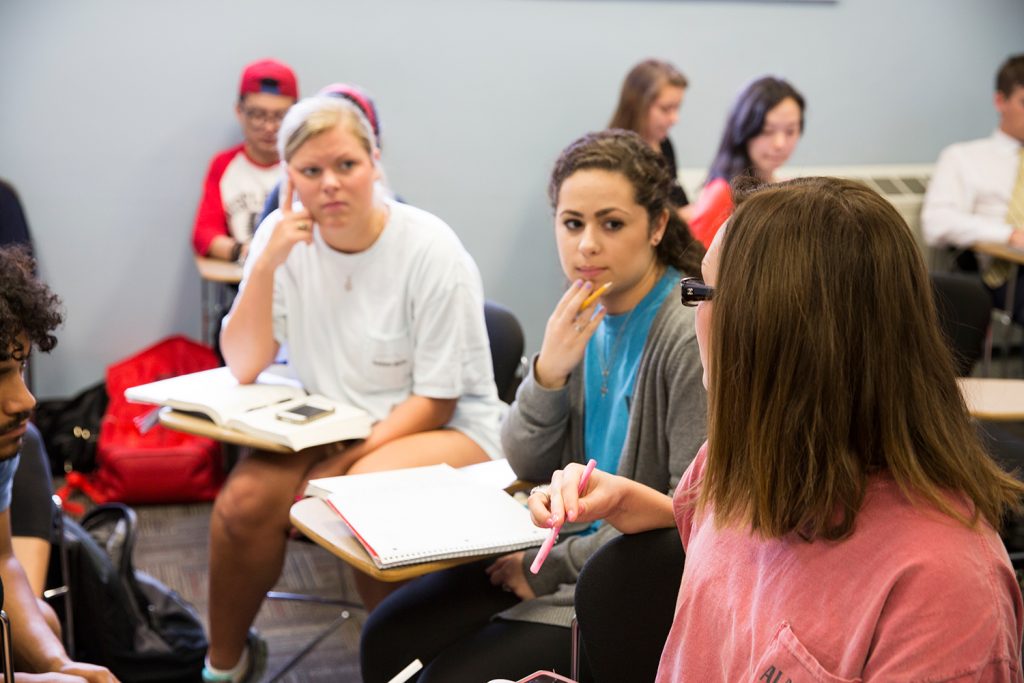by Daniel J. Levine, Political Science and Religious Studies This post outlines a set of group assignments developed while teaching The Israel/Palestine Conflict (PSC 344) remotely in Fall 2020. I start by outlining the challenges that typically attend teaching on this topic. I then take up the circumstances faced when planning for it late last summer: the transition to remote teaching and an increasingly partisan political climate. Finally, I describe a set of assignments intended to address those challenges, assessing […]
Remote Teaching, Difficult Topics, and the Cultivation of Political Judgment: Lessons From the Israel/Palestine Conflict



